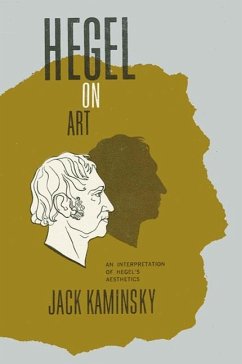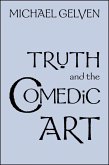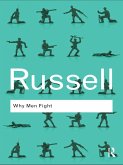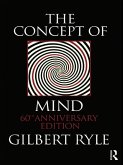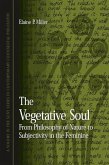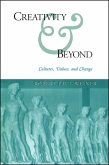Professor Kaminsky's lucid exposition is, surprisingly, the first attempt in English to deal extensively and critically with Hegel's views on art, as outlined in his difficult volumes on that subject. Hegel on Art thus performs a needed service for those interested in either the philosophy or the history of the fine arts.
Hegel's idealistic metaphysics was the last European endeavor to construct a universal philosophical system on the traditional pattern, and to modern readers it can easily appear more imposing than useful. But in his examination of art, according to Professor Kaminsky, the German philosopher became "the most empirical of the empiricists," and his observations can be valuable to us quite independent of our commitment to his metaphysics.
Moreover, as Professor Kaminsky shows, Hegel's metaphysical framework does give him an advantage not available under the rigorous skepticism of today's positivist or symbolist: he can recognize that art mirrors the world of action, and so can provide it with objective validity. As the author concludes in Hegel's defense: "It may well be that only art can be used to communicate the important episodes that happen to us or others....Without art, we lose one of our great sources of information as to who we are and what we ought to do."
Hegel's idealistic metaphysics was the last European endeavor to construct a universal philosophical system on the traditional pattern, and to modern readers it can easily appear more imposing than useful. But in his examination of art, according to Professor Kaminsky, the German philosopher became "the most empirical of the empiricists," and his observations can be valuable to us quite independent of our commitment to his metaphysics.
Moreover, as Professor Kaminsky shows, Hegel's metaphysical framework does give him an advantage not available under the rigorous skepticism of today's positivist or symbolist: he can recognize that art mirrors the world of action, and so can provide it with objective validity. As the author concludes in Hegel's defense: "It may well be that only art can be used to communicate the important episodes that happen to us or others....Without art, we lose one of our great sources of information as to who we are and what we ought to do."
Dieser Download kann aus rechtlichen Gründen nur mit Rechnungsadresse in A, D ausgeliefert werden.

